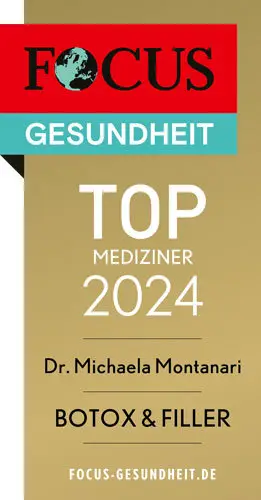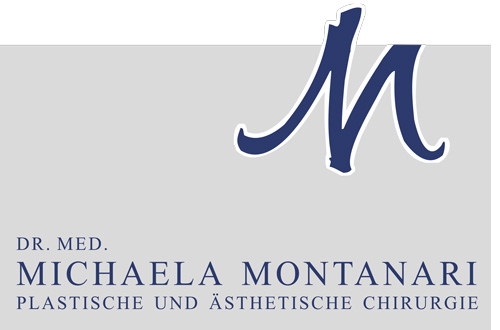Bruxism treatment with Botox®
Bruxism is the unconscious clenching and grinding of the upper and lower jaw. The teeth are pressed together with a lot of pressure and rubbed against each other.
This is caused by the uncontrolled tensing of the chewing muscles.
There are many reasons for the development of bruxism. From stress and psychological causes to ill-fitting dentures or crowns or fillings that don't fit properly - the cause is often a combination of different factors.
If left untreated, teeth grinding can have far-reaching consequences for the teeth, the body and even the entire musculoskeletal system.
Brief overview of treatment with Botox:
Duration of treatment:
15-45 minutes
Anaesthesia:
as a rule none
Follow-up treatment:
not special
Load restrictions:
none - 1 day
What is being done?
During bruxism treatment, botulinum is injected directly into the muscle with three to four punctures. The medication ensures that the chewing muscle is slowed down and can no longer contract as strongly, which means that it is no longer trained as strongly and slowly breaks down muscle substance.
How does botulinum toxin work?
It acts like a muscle brake that weakens or even completely slows down the transmission of the command to contract from the nerve to the muscle - depending on the dose and desired effect. Depending on the dosage, the product selected and the individual metabolism, it breaks down again exactly where it was introduced over the course of four to six months.
When will I be fit for work again?
Immediately after treatment. You should only avoid sport and physically strenuous work for the next 24 hours. Apart from the puncture, no pain is to be expected.
Is anaesthesia necessary?
No anaesthetic is generally required for botulinum injections.

Botulinum has been used to successfully treat neurological disorders for decades.
